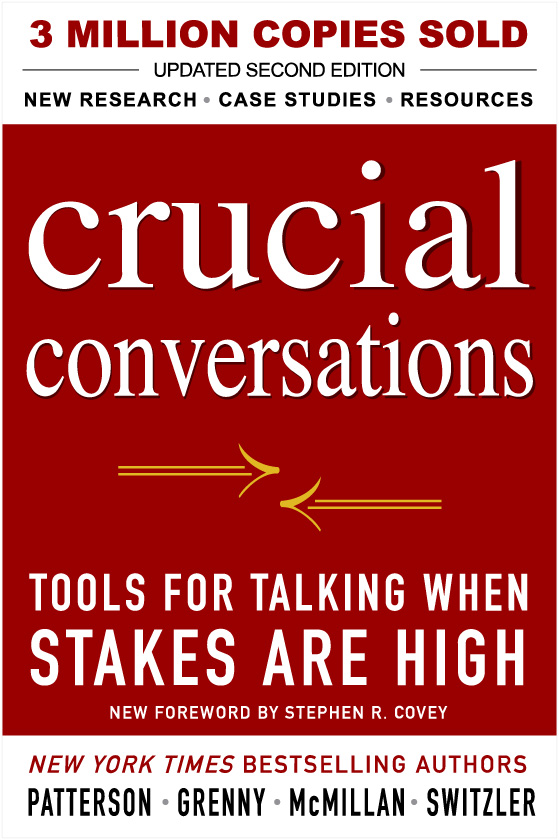 Talking. It’s so simple but so hard. I love people and I love sitting down for a great conversation over a cup of coffee. Sharing a meal with friends is one of my favorite things to do. I relish opportunities to get unstructured conversations with the members of our team. At 13 Matthias has become an incredible conversation partner (who am I kidding—he’s talked like a 30 year old since he was 7!). There is no one I love talking with more than Lisa.
Talking. It’s so simple but so hard. I love people and I love sitting down for a great conversation over a cup of coffee. Sharing a meal with friends is one of my favorite things to do. I relish opportunities to get unstructured conversations with the members of our team. At 13 Matthias has become an incredible conversation partner (who am I kidding—he’s talked like a 30 year old since he was 7!). There is no one I love talking with more than Lisa.
But, misunderstanding, differing goals, eroded trust can turn a conversation—even a relationship—on its head in the span of a sentence. If we’re honest, all of us have been on the giving and receiving end of a conversation-turned-argument from time to time. Relating well to one another is a fundamental joy and an all too regular source of frustration to the human experience. Like you, I am probably misunderstood and misunderstand at some point every day.
With stakes this high, as a leader, friend, father and husband, I need to continually grow in my ability to express my heart and my thoughts to the people in my life. I need all the help I can get. Maybe you can relate. Recently I’ve been reading Crucial Conversations Tools for Talking When Stakes Are High, to help me communicate better. It’s already helping me slow down, listen, and get on the same page to help me open up conversations—especially when things get tense or confused.
 I recommend this book to anyone who wants to grow in having real, open, and relationship building conversations at home, at work, with your kids—wherever! The book is written by a group of top notch researchers who interviewed hundreds of people—searching for the best communicators in the world to learn what makes people great at sharing their thoughts when there’s high stakes, varied opinions and strong emotions in play. Many of us believe candor will harm our relationships, but, “As it turns out, you don’t have to choose between being honest and being effective. You don’t have to choose between candor and your career. People who regularly hold crucial conversations and hold them well are able to express controversial and even risky opinions in a way that gets heard. Their bosses, peers, and direct reports listen without becoming defensive or angry.” (10).
I recommend this book to anyone who wants to grow in having real, open, and relationship building conversations at home, at work, with your kids—wherever! The book is written by a group of top notch researchers who interviewed hundreds of people—searching for the best communicators in the world to learn what makes people great at sharing their thoughts when there’s high stakes, varied opinions and strong emotions in play. Many of us believe candor will harm our relationships, but, “As it turns out, you don’t have to choose between being honest and being effective. You don’t have to choose between candor and your career. People who regularly hold crucial conversations and hold them well are able to express controversial and even risky opinions in a way that gets heard. Their bosses, peers, and direct reports listen without becoming defensive or angry.” (10).
I was helped learning the common responses to conflict are silence (say nothing, leave, comply) or violence (try to win an argument, subtly manipulate, verbal attacks) instead of creating safety. I’ve used them all under stress and they’re all bad. Crucial Conversations provides tools for stepping out of destructive patterns and building mutual respect and purpose. I found the sections on the way the state of our heart (in a business book!) and internal stories affect us especially helpful. It’s crazy how often and how deeply we are affected by issues that are literally in our head rather than happening in the real world around us. If you want to understand what I’m talking about, check out chapter 6, Master My Stories!
This book was so helpful for me, I bought a copy for our team members at Leonard Group [Lisa Leonard Designs, StephenDavidLeonard.com, Leonard Craft Co, Bob Siemon Designs] to read through together. I’m looking forward to how our team will grow in our ability to have real and open dialogue about the issues we face on a daily basis. Hopefully it will spill over into the way we relate with our loved ones outside the office too!
How about you? How would having real and open conversations help you in your world?






Great post! buying this book now?
This sounds like something on would love to read. Thanks for sharing!
Keep this up…it’s real good/needed!